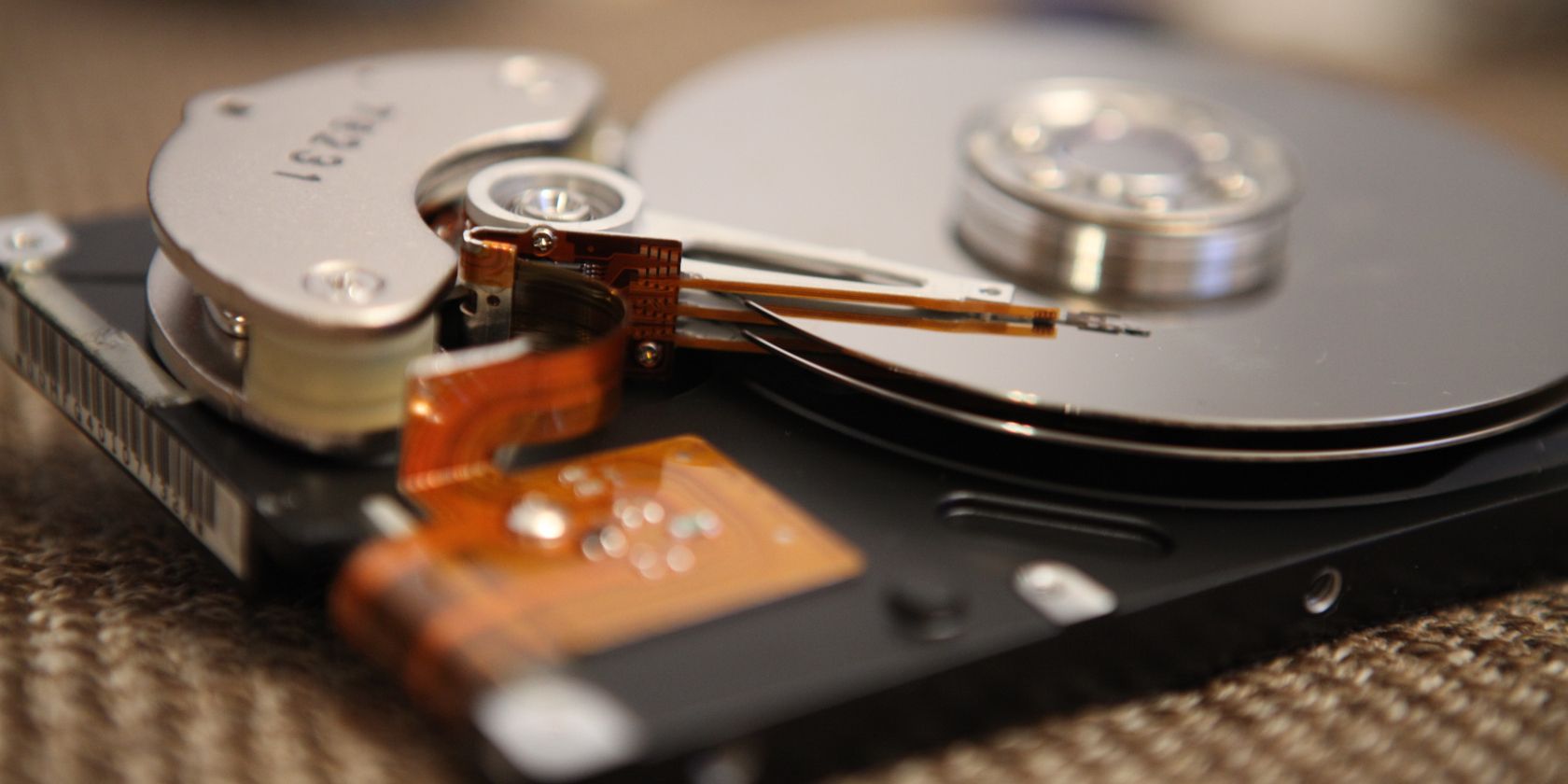
Files, applications, and data can easily fill up PC storage. For gamers or content creators—and even for the person who just uses their PC daily—it’s pretty easy to run low on storage. This may make the system slow and increase headaches when trying to keep track of files. Following are some effective ways to free up space and improve your PC’s storage:
1. Uninstall Unnecessary Applications
We tend to gather lots of software lying somewhere, rarely in use. Go through your installed program list and uninstall those applications that you do not need anymore. This may amount to saving a lot of space and even enhance your system’s performance.
2. Use Storage Sense
If you’re running Windows 10 or 11, you can take advantage of the inbuilt Storage Sense, which creates free space by removing files you do not need; this includes temporary files and items in the Recycle Bin. You can customize it as per your preference. A video guide can show how it’s done:
@duncanzz Save storage on your PC #pctips #duncanzz #techtok
♬ original sound - Duncanzz Tech
3. Move Files to External Storage
If you have large files like videos, photos, or even backups, consider moving them to an external drive or into cloud storage. This will not only free up your space but also make your important files safe in case your system crashes.
4. Clean Up Your Downloads Folder
This folder usually ends up being a repository for so many downloaded files that are often of no use to us. Periodic cleaning may recover valuable storage space.
5. Empty the Recycle Bin
The files moved to the Recycle Bin remain there until you delete them manually. You should regularly empty the Recycle Bin to free up space.
6. Disable Hibernation
The Windows Hibernation feature creates a file that occupies several gigabytes of space. If you never use hibernation, turning it off can free up this space.
7. Compress or Delete Old Files
It is possible to minimize the size of a file without affecting its quality by making Windows enable file compressing. On the other hand, if you don’t need some of the files, it is good to delete them so that space can be created.
8. Analyze Disk Space
It helps if you know how to visualize what is using up space on your hard drive. Run a disk space analyzer tool to find the large files and folders you don’t need.
9. Manage System Restore Points
System restore points take up a lot of space. Although much of this space is valuable in the recovery of your system, one has various options of limiting or deleting some of these older restore points for the sake of space.
10. Use Cloud Storage for Documents and Media
Services like OneDrive, Google Drive, or DropBox allow storing documents and media in the cloud, hence offloading the local storage. These services also provide a synchronize option so that one can have files available across multiple devices.
These steps will greatly help clear out storage on your PC and keep it running smoothly and efficiently. That’s what continuous maintenance can do to avoid issues caused by storage and keep your PC in good working order.
